Friday Briefing: One hundred years of Soares
Good morning and welcome to PORTUGAL DECODED. As Portugal celebrates Mário Soares's 100th birthday, we look back on the episodes and the qualities that made him the father of Portugal's democracy.
TALK OF THE TOWN

PORTUGAL DECODED is a reader-supported newsletter. If you want to keep it free and independent, please consider supporting it. Your support matters!
POLITICS
In Parliament this week, PM Luís Montenegro unveiled the Government’s plan to amend healthcare laws to curb alleged abuses of the National Health Service (SNS) by non-resident foreigners (More).
For the first time in nearly 50 years, Madeira’s budget was rejected by Parliament, triggering a political crisis that could lead to the region’s third legislative election since September 2023 (More).
SOCIETY
Authorities have captured Shergili Farjiani, a Georgian national and the third of five inmates to be caught after a daring escape from Vale de Judeus prison two months ago. He was arrested in Pádua, Italy (More).
“Euro 2024” topped Portugal’s Google searches in 2024, while socialite and TV personality “José Castelo Branco,” accused of domestic violence by his wife, American heiress Betty Grafstein, was the most-searched individual (More).
ECONOMICS
German airline giant Lufthansa announced plans to establish a major aircraft engine and component repair facility in Santa Maria da Feira, creating over 700 jobs (More).
The OECD’s Survey of Adults Skills 2024 painted a bleak picture of the Portuguese workforce: only 40% of Portuguese adults understand simple texts and basic maths, second-to-last out of the OECD’s 31 countries (More).
CULTURE AND SPORTS
Minister of Culture has become involved in an escalating feud with artists, workers and organizations over her dismissal of Francisca Carneiro Fernandes as President of the Lisbon’s CCB (More).
Composer Luís Tinoco has won the Pessoa Prize 2024 - Portugal’s most prestigious arts prize. The jury pointed out that his work “favours emotional communication with the audience, without ever compromising the rigour of the writing” (More).
DECODER
Last Friday, Parliament held a solemn session to mark the hundredth anniversary of Mário Soares’ birth. The following day, on the day of his birthday, the Mário Soares and Maria Barroso Foundation held an evocative ceremony at the Calouste Gulbenkian Foundation, attended by some of the most prominent personalities in Portuguese society, including President Marcelo Rebelo Rebelo de Sousa and the President of the European Council, António Costa. What makes Mário Soares such an admirable - and, to some, divisive - figure in contemporary Portuguese politics?
Mário Soares, the democrat
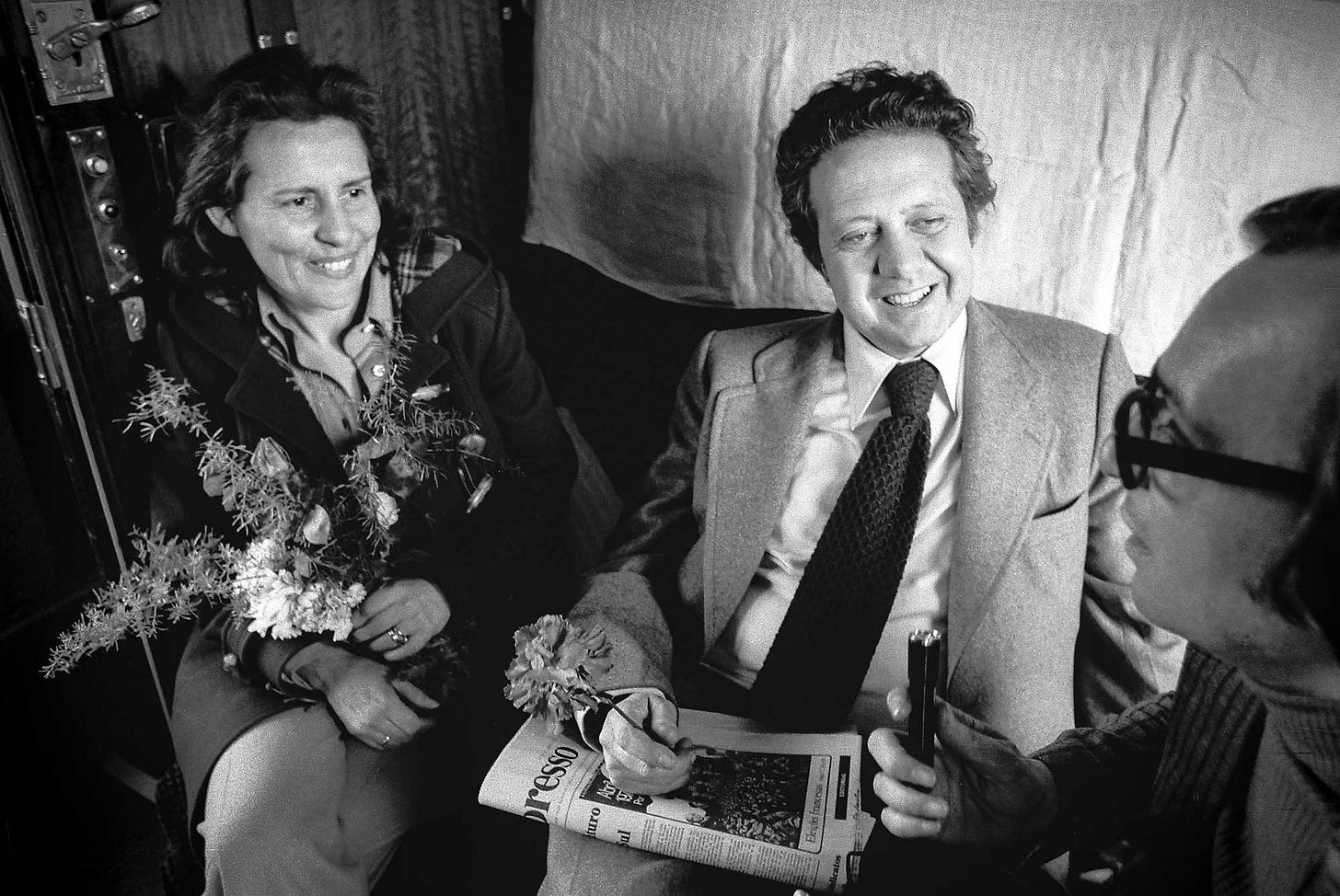
Portugal today is, in many senses, the country that Soares built. First and foremost, he had a crucial role in the fight against the Estado Novo dictatorship, for which he spent 12 years in prison, was tortured more than once and forced to live in exile on the island colony of São Tomé off the West African coast and later in Paris. Following the 1974 Carnation Revolution, he was instrumental in consolidating Portugal’s democratic institutions, pushing the country away from both left- and right-wing extremes and leading it to stability. A key moment from this period was his 1975 TV debate with Communist leader Álvaro Cunhal, encapsulating the ideological clash between democratic socialism and communism. Soares’ calm, persuasive defense of democracy contrasted with Cunhal’s hardline rhetoric, solidifying Soares as a central figure in steering Portugal away from authoritarian extremes.
Mário Soares, the anticolonialist
Mário Soares played a pivotal role in Portugal’s decolonization process following the Carnation Revolution of 1974. As Foreign Minister in the transitional government, he spearheaded negotiations that led to the independence of Portugal’s colonies in Africa and Asia: Angola, Mozambique, Guinea-Bissau, Cape Verde, and East Timor. He prioritized a peaceful and diplomatic approach, recognizing the inevitability of self-determination and the need to end prolonged conflicts. However, his role remains controversial, as critics argue that the abruptness of the decolonization process led to power vacuums, civil wars, and prolonged instability in some newly independent nations, particularly Angola and Mozambique. Supporters maintain that Soares acted under significant political and logistical constraints, ensuring that decolonization proceeded without dragging Portugal into further turmoil, but the lasting impacts of these transitions continue to be debated.
Mário Soares, the Europeanist
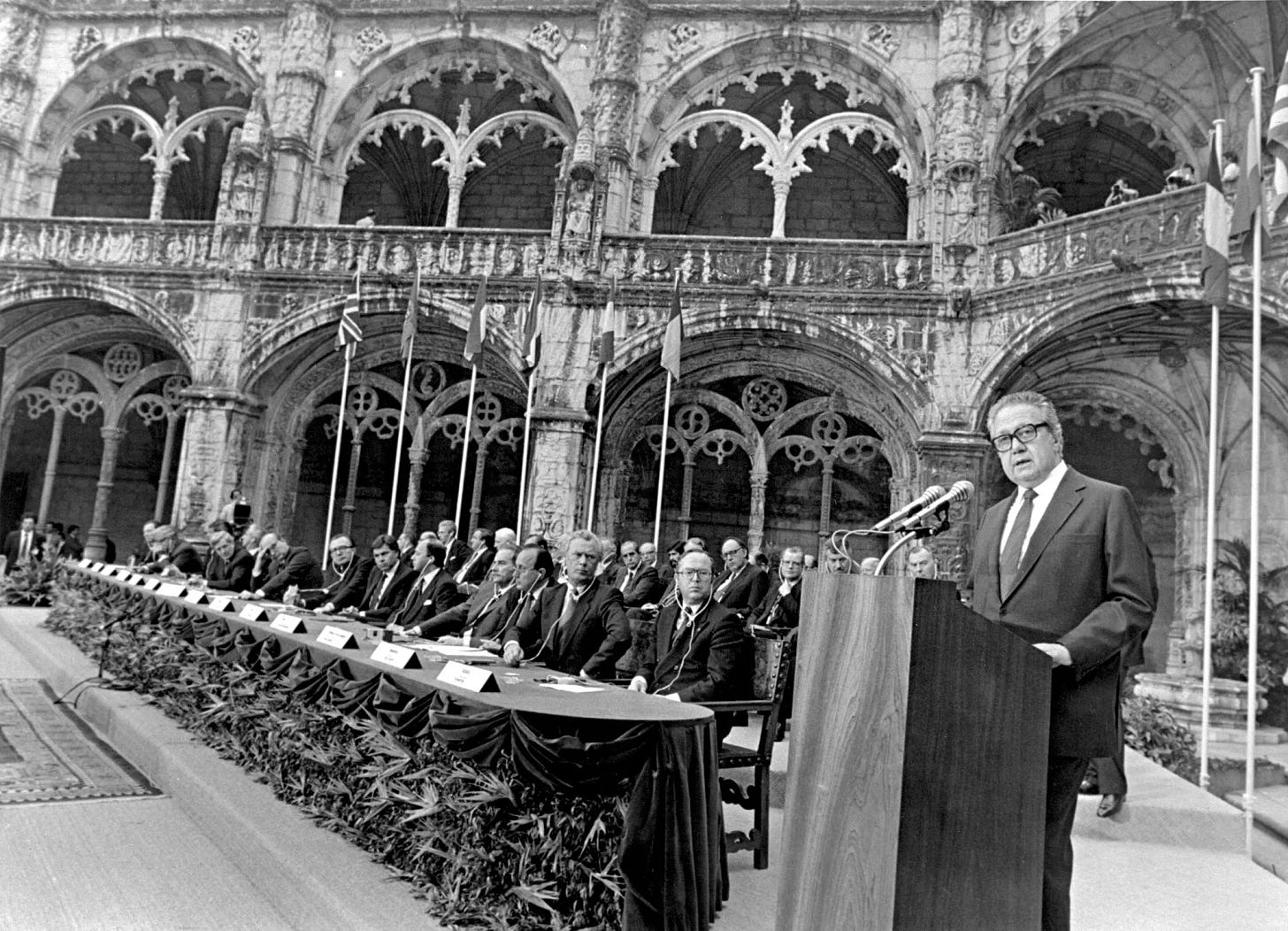
In 1976, Soares became the first civilian to head an elected Government in more than half a century and he immediately prioritized aligning Portugal with Europe, championing the country’s accession to the European Economic Community (EEC), now the European Union. He modernized Portugal’s economy and democratic institutions, laying the groundwork for European integration. His diplomatic efforts culminated in Portugal's EEC membership in 1986, a milestone that symbolized the nation’s transition from a colonial power to a democratic state aligned with European and global values. Soares viewed European unity as essential for Portugal’s economic growth and global relevance, advocating for deeper ties that transformed the country into a key player in the European project.
So are there any dissenting perspectives on him?

Yes. While most speakers in Parliament, across the political spectrum from far-left to right, praised his courage and vision, dissenting voices were notably present from the Liberal Initiative (IL) and the far-right Chega party. These critics highlighted issues with Soares’ handling of the decolonization of Portuguese Africa. Chega leader André Ventura accused Soares of “abandoning the Portuguese who lived in the colonies” and “throwing them to the sharks.” Additionally, critics argued that Soares fostered a culture of permissiveness that enabled significant abuses of power. They pointed to his support for José Sócrates, the former Prime Minister currently on trial for corruption, money laundering, and tax fraud. In the past, some voices, particularly from the left, have also criticized Soares for favoring a conservative, Eurocentric approach, which they claim came at the expense of pursuing more radical change.
TIPS OF THE WEEK
Lisbon
175 years of Tiles at Viúva Lamego
The window is closing to see this unique exhibition about one of the most iconic tile factories in Portugal. Viúva Lamego has played a fundamental role in the history of Portuguese tiles since 1849, and today it works closely with artists, architects, designers and craftsmen who continue its historical legacy. In the year in which it celebrates 175 years of ceramic production, Museu Nacional do Azulejo brings together 17 pieces by renowned artists, such as Bela Silva or Vhils, and artists from a new generation, such as André Trafic, Rico Kiyosu or Klasja Habjan, to tell the story and celebrate the heritage of a century-old house. Until December 29. More information here.
Porto
Christmas Circus
Porto Christmas’ circus tradition - uninterrupted since 1941 - is back from today and until January 5, with no animals. This year it tells an original story written by Afonso Cruz, author of the European Union Prize for Literature, in honour of the circus arts. Artists of various nationalities take to the stage, and clowns are not to be missed.The music was created by Carlos Té and Pedro Vidal with each of the artists in mind. Tickets cost between €10 to €20, with 75% discount for children up to 3 years old; 50% discount for children up to 12 years old; 20% Friends of the Coliseum and Pronto Card.
Serra da Estrela
Beginning of the ski season
With temperatures dropping, and the hills already covered by a thin layer of snow, the (artificial snow) slopes at the Serra da Estrela Ski Resort are scheduled to open this Saturday, 14 December, provided the weather conditions help. The slopes available for this first weekend have not yet been officially announced, but once everything is up and running, there will be 22 slopes available, with four levels of difficulty. The Serra da Estrela Ski Resort has individual or group lessons (from €55) available for all ages and all levels of specialisation. However, ticket advance purchase is required on the official website or in the app. The Ski or Snowboard equipment hire package, which includes an adult day pass, costs €60 this year. Children pay €50. If you have equipment to venture down the slope, the cost is €30 for adults and €20 for children.
Foz Côa
Garden of Éden by Joana Vasconcellos
This acclaimed exhibition Garden of Eden, which has already been screened at the Venice Biennale, the Electricity Museum, MAC/CCB, Ajuda National Palace and MICAS, in Malta, is an immersive installation. Along a pathway, through the luminous flux and synchronous motors, the artificial flowers arranged in a labyrinth form produce a kinetic effect similar to that produced by fiber optics. Accompanying it, a soft soundtrack, which results in an experience not to be missed by one of the most prestigious contemporary artists in Portugal. The exhibition will be on display until December 31 at the Galeria d'Artes do Centro Cultural de Vila Nova de Foz Côa. More information here.
PORTUGAL DECODED is a reader-supported newsletter. If you want to keep it free and independent, please consider supporting it. Your support matters!




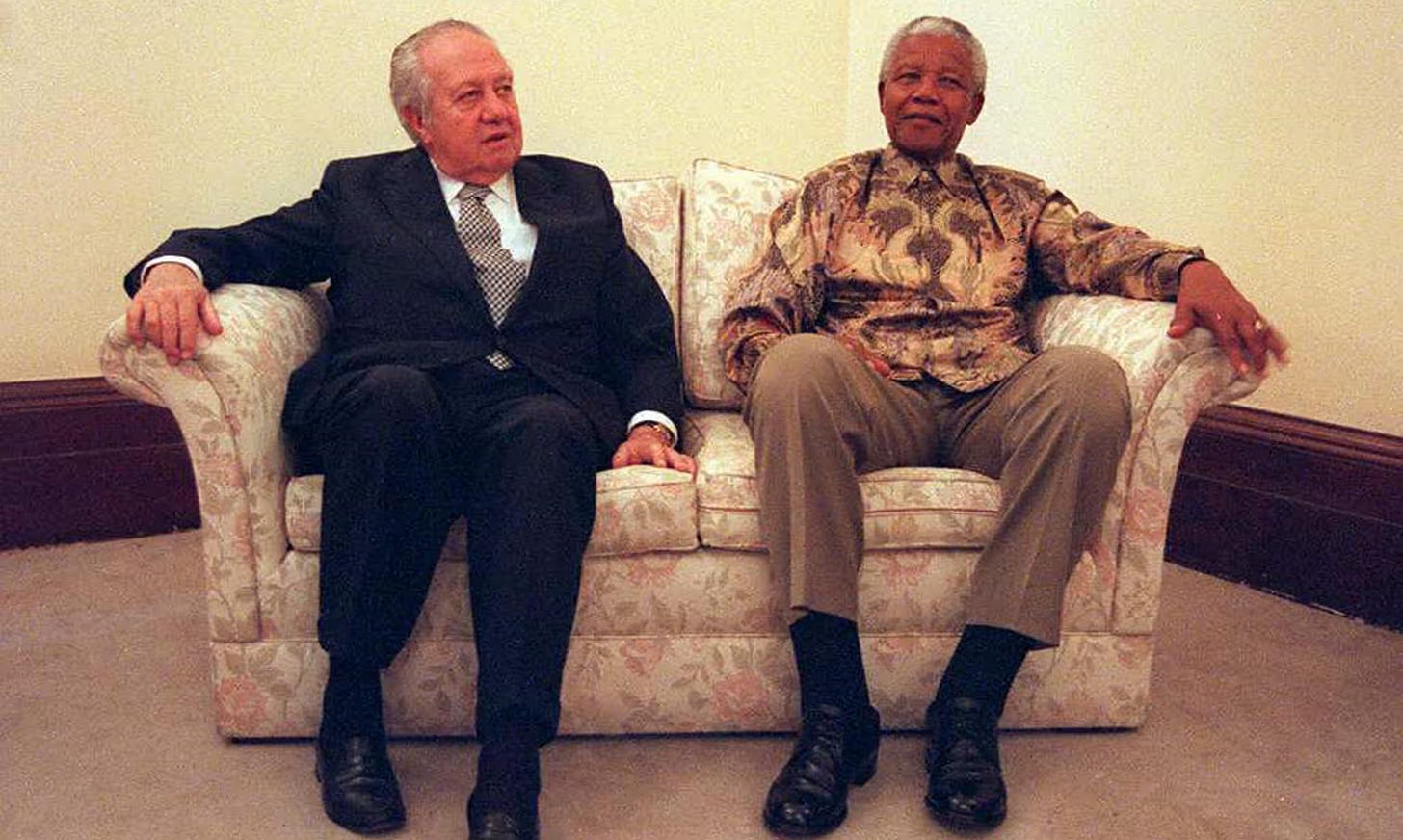
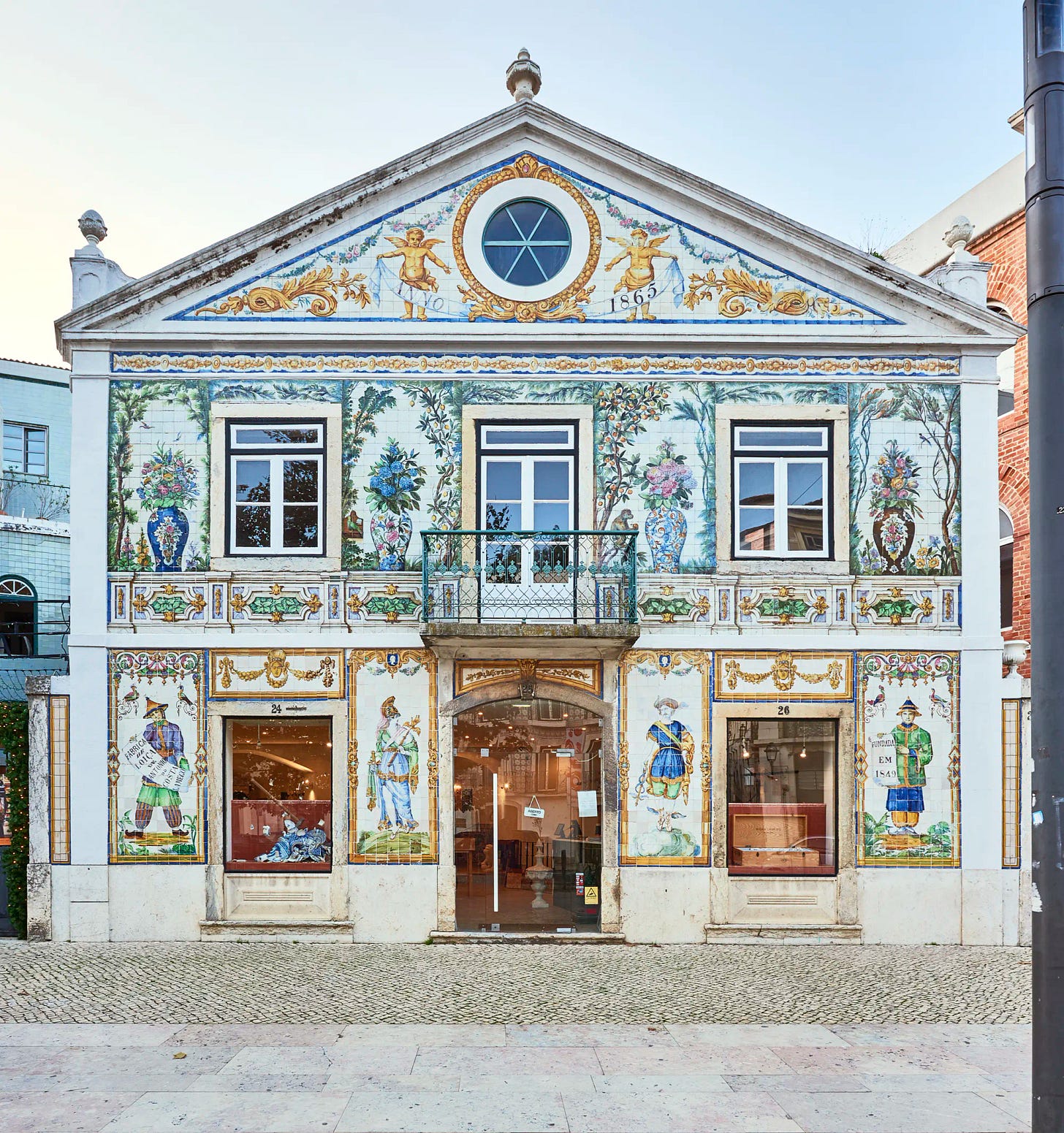


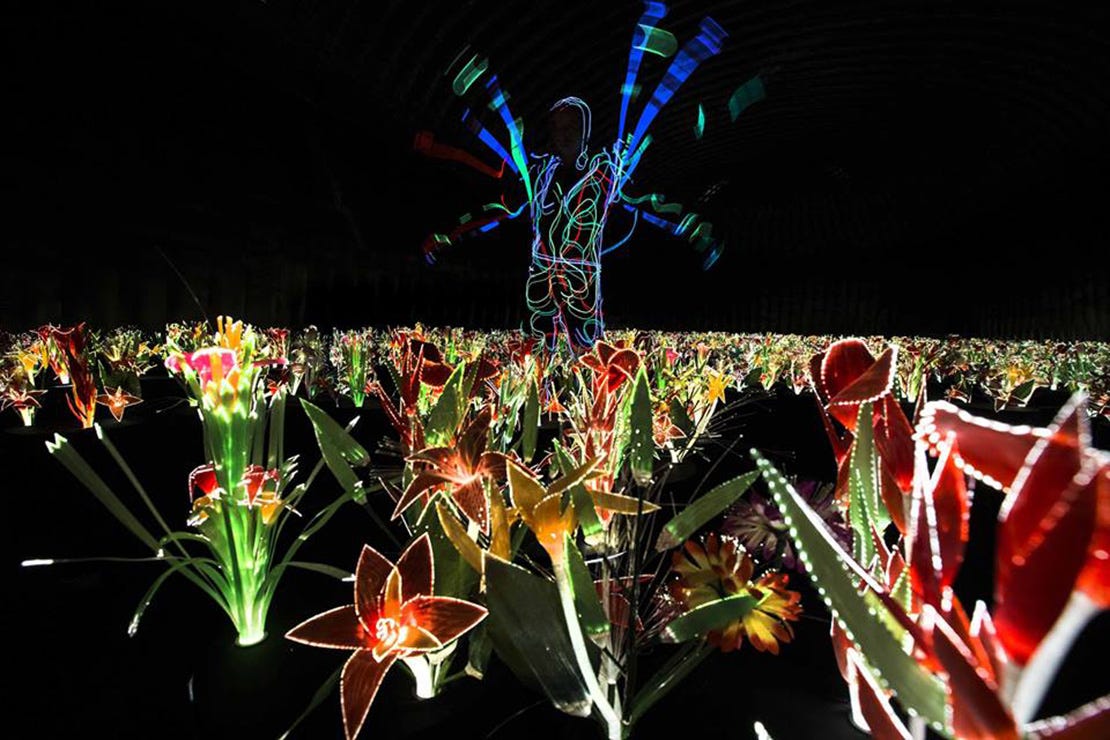
Thank you for providing well written and informative articles . May I suggest a topic which could interest many of us and living here .. and suffering at the hands of so many dishonest landlords who seem to rule the roost with impunity , all lawful rules “protecting “tenants totally ignored . I’m sure there are some honest ones out there .. but the dishonest seem to be the majority ! If you care to contact me , I can provide you with many a story , some of which are heartbreaking , especially when a home is so important to settling in a new country .